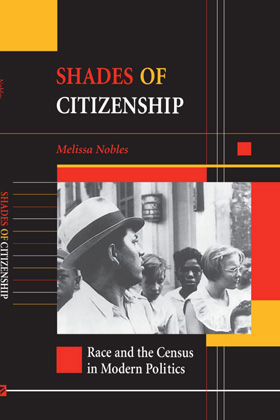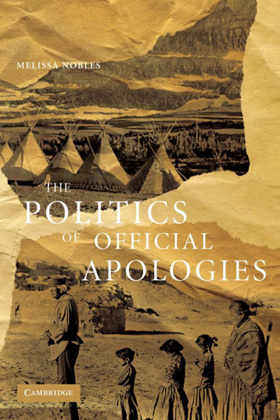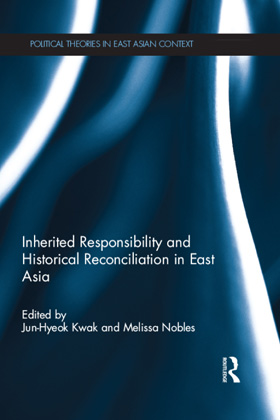
Shades of Citizenship: Race and the Census in Modern Politics

This book analyzes the politics of race, censuses, and citizenship, drawing on the complex history of questions about race in the U.S. and Brazilian censuses. It reconstructs the history of racial categorization in American and Brazilian censuses from the first censuses in the eighteenth and nineteenth centuries up through the 2000 census. It sharply challenges certain presumptions that guide scholarly and popularly studies, notably that censuses are innocent bystanders in the arena of politics and that racial data are innocuous demographic data.
Stanford: Stanford University Press, 2000

The Politics of Official Apologies

Intense interest in past injustice lies at the center of contemporary world politics. This book examines the political uses of official apologies in Australia, Canada, New Zealand, and the United States. It explores why minority groups demand such apologies and why governments do or do not offer them. Nobles argues that apologies can help to alter the terms and meanings of national membership. Minority groups demand apologies in order to focus attention on historical injustices, the rectification of which, they argue, should guide changes in present-day government policies. Similarly, state actors support apologies for ideological and moral reasons, driven by their support of group rights, responsiveness to group demands, and belief that acknowledgement is due. Apologies, as employed by political actors, play an important, if underappreciated, role in bringing certain views about history and moral obligation to bear in public life.
New York: Cambridge University Press, 2008

Inherited Responsibility and Historical Reconciliation in East Asia

Contemporary East Asian societies are still struggling with the complex legacies of colonialism, war and domination. Years of Japanese imperial occupation followed by the Cold War have entrenched competing historical understandings of responsibility for past crimes in Korea, China, Japan and elsewhere in the region. In this context, even the impressive economic and cultural networks that have developed over the past sixty years have failed to secure peaceful coexistence and overcome lingering attitudes of distrust and misunderstanding in the region.
This book examines the challenges of historical reconciliation in East Asia, and, in doing so, calls for a reimagining of how we understand both historical identity and responsibility. It suggests that by adopting a ‘forward-looking’ approach that eschews obsession with the past, in favor of a reflective and deliberative engagement with history, real progress can be made towards peaceful coexistence in East Asia. With chapters that focus on select experiences from East Asia, while simultaneously situating them within a wider comparative perspective, the contributors to this volume focus on the close relationship between reconciliation and ‘inherited responsibility’ and reveal the contested nature of both concepts. Finally, this volume suggests that historical reconciliation is essential for strengthening mutual trust between the states and people of East Asia, and suggests ways in which such divisive legacies of conflict can be overcome.
Providing both an overview of the theoretical arguments surrounding reconciliation and inherited responsibility, alongside examples of these concepts from across East Asia, this book will be valuable to students and scholars interested in Asian politics, Asian history and international relations more broadly.
New York: Routledge Press, 2013
Key Publications
- Building a New Digital Archive: Documenting Anti-Racial Violence in the “Jim Crow” US South, 1930-1954 Comparative Politics, Vol.55, No.2 (January 2023)
- The Long View of Transitional Justice: Apologies and History Social Research, Vol.87, No.4 (Winter 2020)
- Race and the Study of a Racial Democracy In Stories from the Field: A Guide to Navigating Fieldwork in Political Science, Peter Krause and Ora Szekely, eds., New York: Columbia UP, 2020
- Revisiting the “Membership” Theory of Apologies: Apology Politics in Australia and Canada In On the Uses and Abuses of Political Apologies, Mihaela Mihai and Mathias Thaler, eds., Palgrave Press, 2014